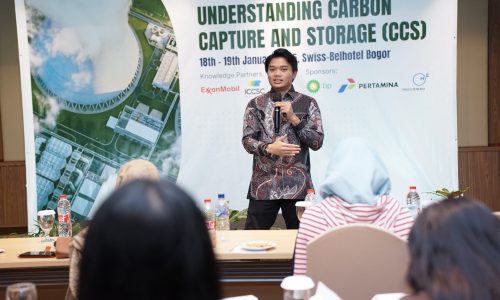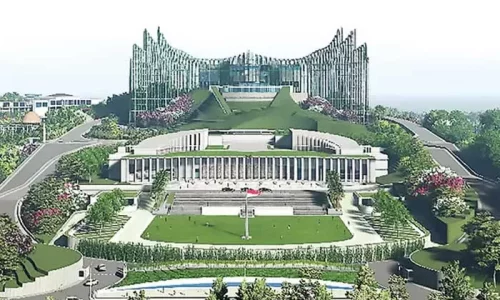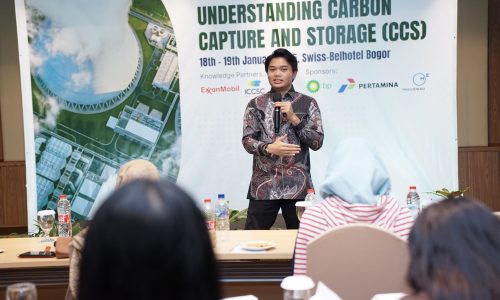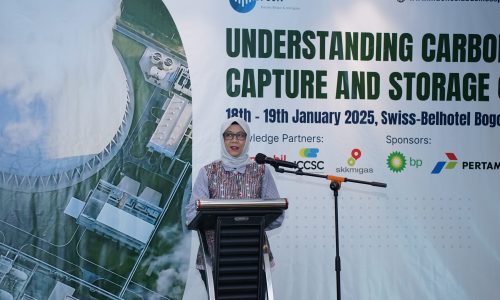Six of the 10 biggest coal companies in Indonesia have not reported coal mine methane (CMM) emissions from their production activities, significantly indicating hat the environmental impact of coal mining is not calculated comprehensively and therefore abolish crucial opportunities for decarbonization considering that methane gas has warming effects 30 times more than CO2.
This finding was revelead in the latest report of EMBER entitled: “The risk of ignoring methane gas in coal mining. The six companies are PT Berau Coal, PT Bumi Resources, PT Adaro Energy, PT Bayan Resource, PT Baramulti Suksessarana and PT ABM Investama. The Coal mine methane emissions that were not reported by the six companies can have similar significance with emissions from fossil fuel burn and electricity consumption for mining.
EMBER is an independent and non profit think tank on climate and energy with the goal to accelerate clean energy transition with data and analysis. EMBER use latest research based on data to encourage policy that favor clean electricity system.
Meanwhile, the four biggest coal mining companies that have submitted coal mine methane in their emission inventory are PT Indo Tambangraya Megah, PT Bukit Asam, PT Golden Energy Mines and PT Indika Energy. However, the difference in their methane intensity are seven times greater from one company to another. Besides, the companies have not provided detail information that becomes the foundation of the difference in their intensity.
Dody Setiawan, Senior Analyst of Climate and Energy at EMBER Indonesia, said several biggest coal companies in Indonesia have started to reduce emissions through various decarbonization measures such as commitment to achieve net zero emmisions and develop green energy business.
“However, the majority of them have not paid attention significantly on the impact of coal mine methane emission and efforts to handle it. To measure and report the emission of methane are crucial measures in decarbonization efforts of coal mine and its alignment with national and international standard,” Dody said in a statement on Tuesday, July 30, 2024.
EMBER report said developing inventory of comprehensive green house gas including fugitive methane will help these companies to understand their emission and design effective mitigation strategy. While unreported methane emissions have risk to harm decarbonization efforts of coal companies and hamper Indonesia commitment in Global Methane Pledge.
Overall, EMBER estimated CMM emissions from the 10 biggest coal companies in Indonesia are more than 8 million tons of CO2 or one-third of total potential emission of the companies. The 10 companies contribute to half of the Indonesia total coal production.
With excessive coal production risk this year, CMM emission record becomes more crucial. The government has approved a 2024 coal production of 992 million tons, far more than the quota set for the previous year of 710 million tonn. Actually, domestic coal demand currently decreases and various demand projection influences big importers. EMBER report, therefore, emphasizes the importance of a policy that integrates sustainability in coal industry.
Aryanto Nugroho, National Coordinator of Publish What You Pay (PWYP) Indonesia deemed the EMBER report is quite important and has a foundation to deliver the fact that mining sector especially coal has a huge potential as green house gas emission contributor beside its use for coal fired power plant.
“This report can serce as early recommendation for the government and mining businessmen to contribute more in net zero emission. Even more, Indonesia as the impelentator of Extractive Industries Transparency Initiatives (EITI) through 2023 EITI Standard, oil and gas and coal and mineral mining companies can be encouraged to open emission data,” Aryanto said.









